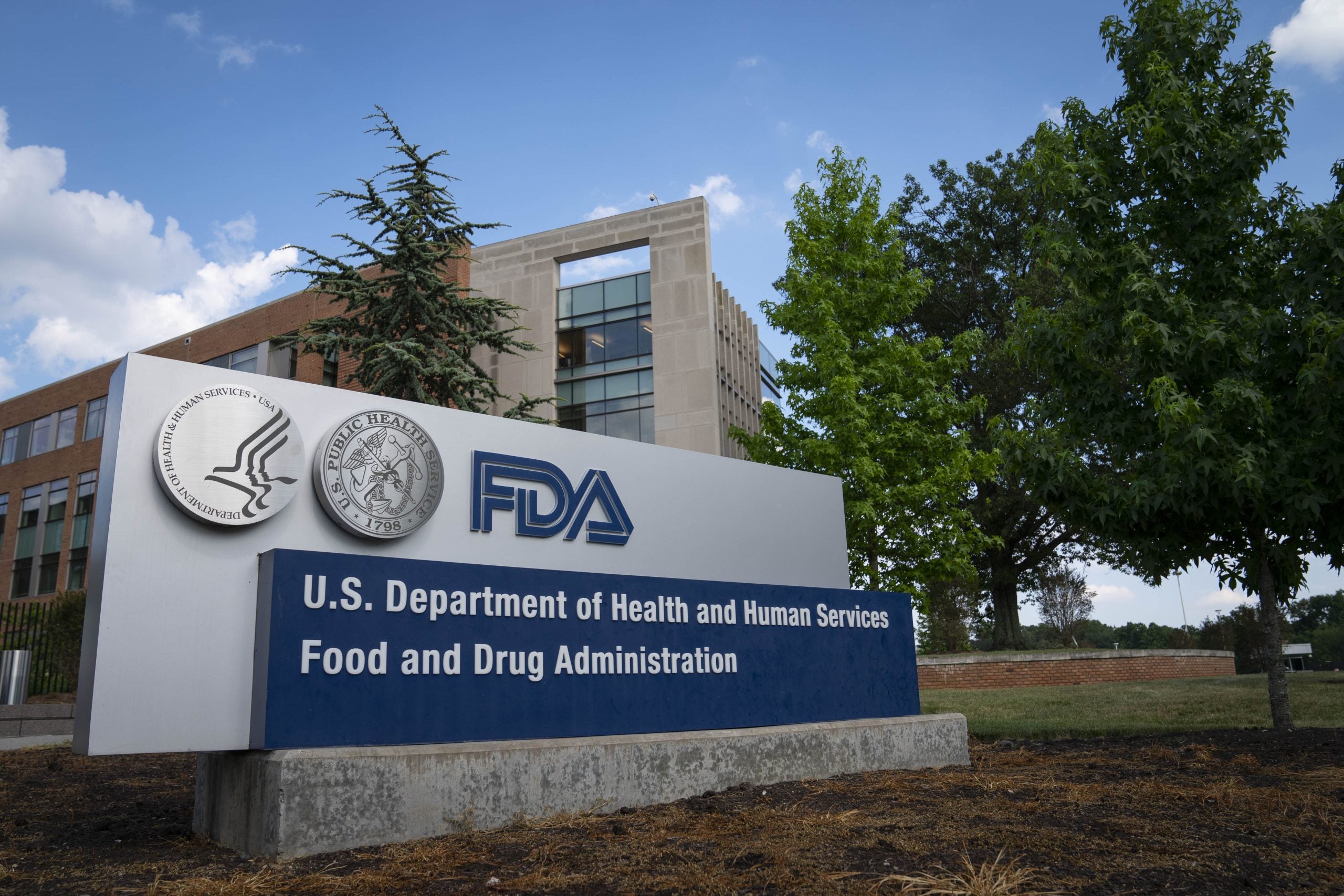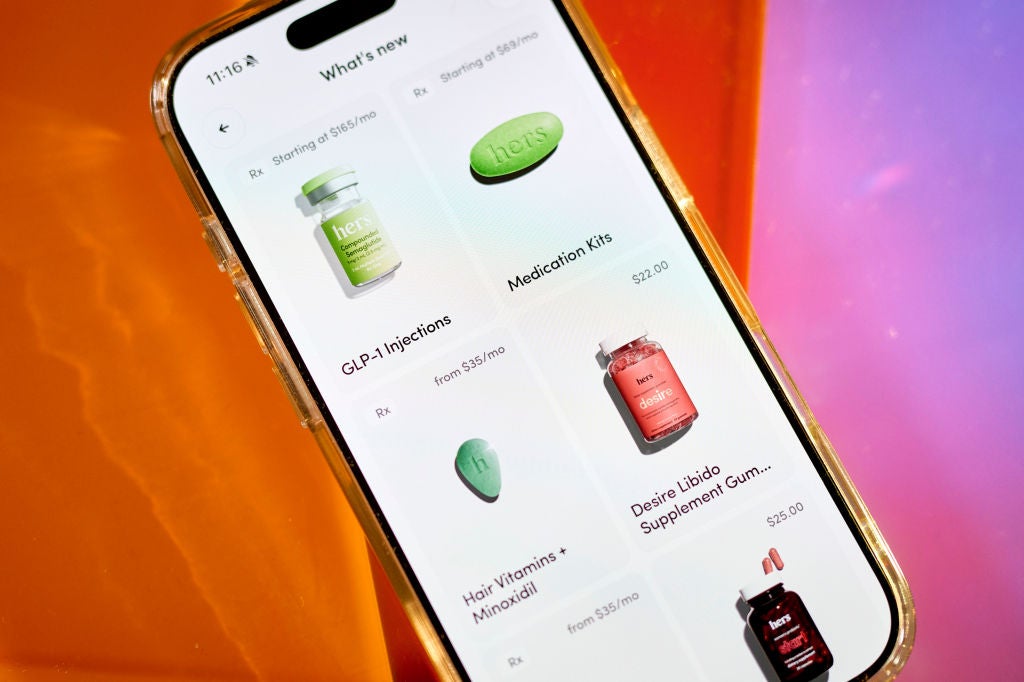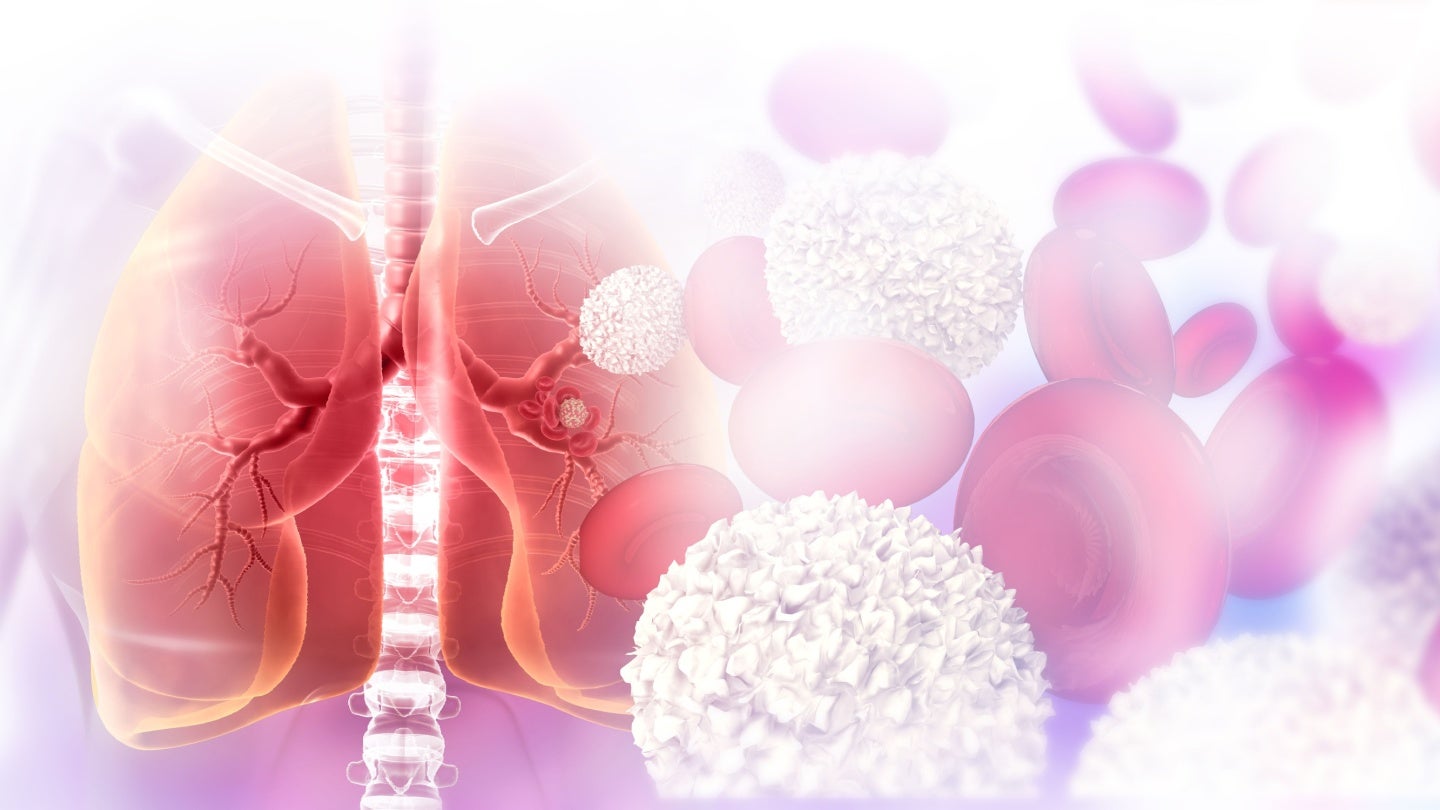Akeso, Summit’s Antibody Shows Promise in Phase 3 Trials
In its inaugural worldwide phase 3 results, the PD-1xVEGF bispecific antibody ivonescimab, developed by Akeso and Summit Therapeutics, decreased the probability of progression or death by 48% among individuals with previously managed EGFR-mutated nonsquamous non-small cell lung cancer (NSCLC). Ivonescimab enhanced progression-free survival (PFS) prospects when administered in conjunction with chemotherapy, as opposed to chemotherapy […]

In its inaugural worldwide phase 3 results, the PD-1xVEGF bispecific antibody ivonescimab, developed by Akeso and Summit Therapeutics, decreased the probability of progression or death by 48% among individuals with previously managed EGFR-mutated nonsquamous non-small cell lung cancer (NSCLC).
Ivonescimab enhanced progression-free survival (PFS) prospects when administered in conjunction with chemotherapy, as opposed to chemotherapy alone. The research participants exhibited progression after undergoing therapy with a third-generation EGFR tyrosine kinase inhibitor (TKI).
The HARMONi trial results represent the fourth phase 3 study outcome for ivonescimab in NSCLC.
In the China-exclusive HARMONi-A trial within a comparable post-TKI EGFR context, ivonescimab lowered the probability of progression or mortality for participants by 54%. In a statement issued on Friday, Summit characterized the findings from the two tests as “consistent.”
Patients in HARMONi-A who were unsuccessful with third-generation TKI were incorporated into the evaluation of the global HARMONi study.
Summit reported that the 21% reduction in mortality risk associated with ivonescimab in HARMONi did not achieve statistical significance at this juncture. An analysis conducted by Jefferies analyst Kelly Shi, Ph.D., indicated that the overall survival objective may yet attain statistical significance in the future, contingent upon the maturation of data from individuals outside of China, provided that these people continue to exhibit consistent survival improvements.
In its study, Summit found that Western patients had a shorter median follow-up time compared to overall survival. The company reported a favorable trend in overall survival for both Asian and North American individuals. Nearly 40% of HARMONi respondents were selected at random from Western nations.
Summit announced its intention to seek FDA approval depending on the HARMONi results. The organization will evaluate the schedule of its Biologics License Application (BLA) submission in accordance with its conversations with the agency, Summit stated.
Summit indicated that the U.S. Food and Drug Administration emphasized the importance of demonstrating a statistically significant improvement in overall survival in order to justify marketing approval, a factor that will influence the company’s decision on when to potentially submit a BLA.
The overall survival data from this investigation certainly disheartened investors, as Summit’s stock price fell around 26% on Friday at the time of publication.
The ivonescimab data release occurs shortly after an FDA advisory committee panel determined that a phase 3 dataset for big B-cell lymphoma diffuse from Roche’s Columvi is not relevant to the U.S. population. The Starglo research recruited 52% of its participants from non-Asian nations, including 9% from the U.S.
EGFR mutations are more common in the Asian patient demographic. The prevalence is expected to be approximately 40% to 50% in Asian individuals with NSCLC, in contrast to 10% to 15% in Caucasians. Furthermore, as stated by Summit, HARMONi’s 38% participation rate outside Asia aligns with other multiregional phase 3 studies of the kind.
What's Your Reaction?

































